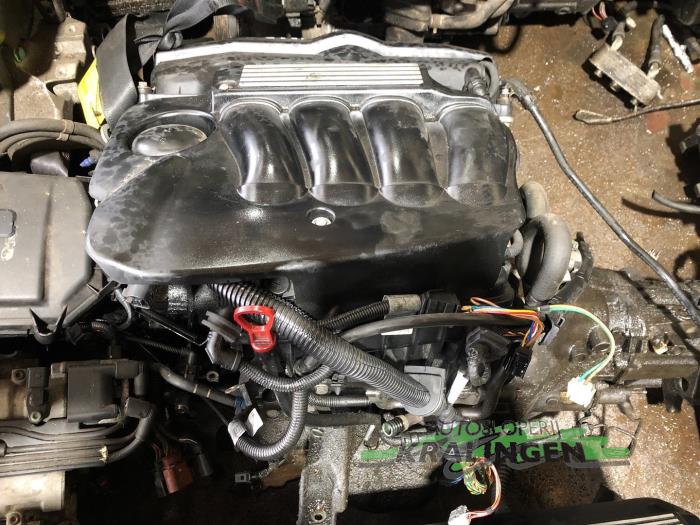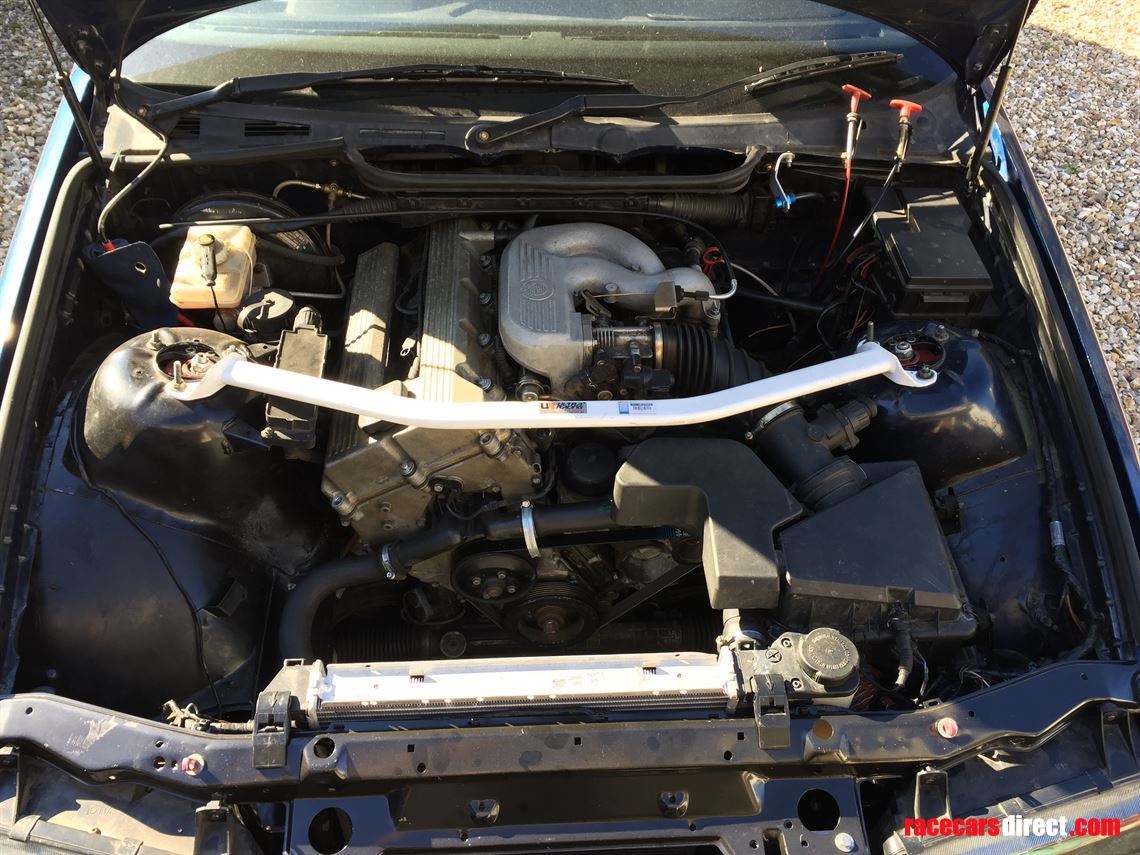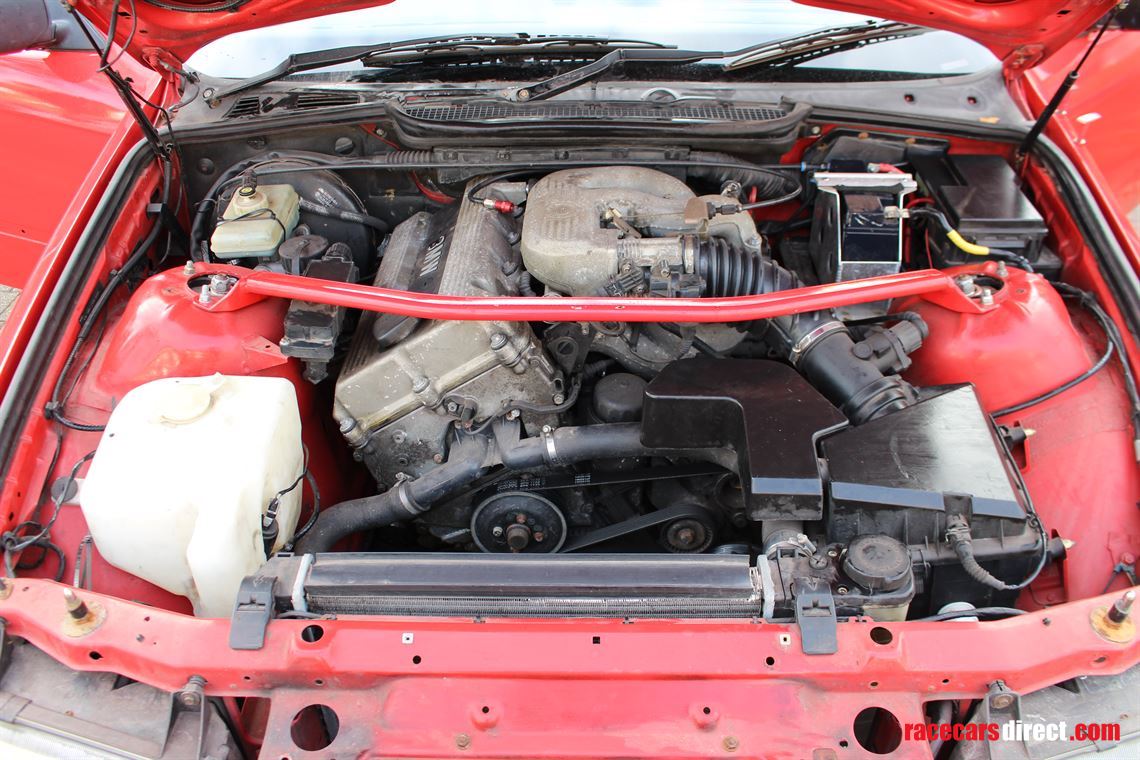BMW 318ti: A Timeless Compact with Timeless Charm
BMW 318ti: A Timeless Compact with Timeless Charm
Blog Article
Key Features to Search For When Purchasing an Engine for Automotive Applications
When thinking about the acquisition of an engine for vehicle applications, a number of vital attributes warrant mindful examination to make sure optimal performance and capability. From power and performance abilities to fuel adherence, performance, and durability to emissions criteria, each facet plays an important role in establishing the engine's suitability for certain vehicle requirements. In addition, cost-effectiveness remains an essential variable in the decision-making process, balancing quality with economic factors to consider. These features collectively add to the overall effectiveness and reliability of the engine, influencing the driving experience and long-lasting contentment of the individual.
Power and Efficiency
When choosing an automotive engine, buyers prioritize power and performance to make certain optimal driving experience and efficiency. A well-performing engine not just provides power effectively but also runs efficiently across different rate varieties and driving problems.
Purchasers usually take into consideration the engine's torque outcome alongside its power score. Torque, measured in pound-feet (lb-ft) or Newton-meters (Nm), mirrors the engine's rotational pressure, influencing the vehicle's ability to tow, climb inclines, and speed up from standstill. An equilibrium in between power and torque is essential for achieving a flexible and receptive driving experience. Additionally, variables such as engine variation, hybrid, and turbocharging technologies play substantial duties in boosting both power and performance levels. Eventually, picking an engine that provides a powerful combination of power and performance guarantees a satisfying and reliable driving experience. bmw 318ti.
Fuel Efficiency
When assessing automobile engine choices,Optimizing gas effectiveness is a critical consideration for customers. The performance of an engine directly influences operating expenses and environmental impact. One crucial variable influencing gas effectiveness is the engine's design and technology. Modern engines with functions like straight fuel shot, turbocharging, and variable shutoff timing can considerably enhance fuel effectiveness by enhancing combustion procedures and lowering power loss. Furthermore, the overall weight of the engine and lorry, as well as the aerodynamics, play important roles in establishing fuel usage.

Durability and Integrity
Accomplishing resilient efficiency and trustworthy operation is vital for consumers reviewing the sturdiness and dependability of automotive engines. When thinking about an engine for vehicle applications, longevity refers to the engine's capacity to withstand wear, anxiety, and rough operating problems over an extensive duration. Integrity, on the other hand, implies that the engine can constantly perform its intended feature without unanticipated break downs or failings.
Customers ought to try to find engines constructed with top notch products and accurate engineering to make sure longevity. Components such as crankshafts, pistons, and bearings should be long lasting to manage the engine's power outcome without premature wear. Furthermore, engines outfitted with innovative cooling systems, effective lubrication, and robust filtering mechanisms tend to show greater levels of reliability.
Routine maintenance and adherence to manufacturer suggestions are additionally essential consider preserving an engine's longevity and integrity. By complying with maintenance timetables, using recommended liquids, and resolving any type of issues promptly, customers can make the most of the lifespan and performance of their automobile engines. Eventually, prioritizing resilience and dependability in engine option can bring about a much more satisfying possession experience with fewer unanticipated interruptions.
Discharges Compliance
Making sure compliance with exhausts policies is an important facet of reviewing automotive engines for eco aware customers. With increasing concerns regarding air top quality and environmental influence, strict discharges requirements have been established worldwide to reduce dangerous contaminants released into the ambience. When purchasing an engine for automotive applications, it is necessary to consider its review exhausts conformity to minimize the carbon impact and abide by legal demands.
Modern engines are geared up with sophisticated discharge control modern technologies such as catalytic converters, exhaust gas recirculation (EGR) systems, and selective catalytic decrease (SCR) to lower damaging exhaust gases like nitrogen oxides (NOx), carbon monoxide (CO), and hydrocarbons (HC) These systems play a vital role in ensuring that the engine fulfills the defined discharges standards and runs within permitted limits.

Cost-effectiveness
When thinking about auto engine purchases, examining cost-effectiveness is paramount for consumers seeking both performance and worth. Cost-effectiveness in engine acquisition includes even more than simply the first purchase cost. It incorporates the general costs associated to upkeep, fuel consumption, and potential repairs over the engine's life expectancy. Choosing an engine that supplies an equilibrium in between long-term financial savings and in advance costs can result in considerable advantages for the consumer.
Engines that are developed to make best use of gas economy can lead to significant cost savings over time, specifically for people who drive often or over lengthy ranges. bmw 318ti. Additionally, considering the accessibility and cost of spare components and servicing can add to the overall cost-effectiveness of an engine.

Verdict
In conclusion, when acquiring an engine for automobile applications, it is critical to take into consideration key features such as power and performance, gas sturdiness, integrity and performance, emissions conformity, and cost-effectiveness. These elements are important in guaranteeing that the engine satisfies the demands of the lorry and runs successfully in numerous driving problems - bmw 318ti. Making an educated decision based upon these standards will ultimately lead to a successful and reliable auto engine acquisition
From power and performance capacities to sustain adherence, effectiveness, and durability to exhausts standards, each facet plays a crucial role in figuring out the engine's viability for details automobile requirements. Engines made to run on alternate fuels such as electric power, crossbreed systems, or biofuels can provide better fuel economic situation and lower exhausts compared to traditional gas or diesel engines. Consumers must carefully consider the gas effectiveness ratings and modern technologies included right into automobile engines to make informed purchasing choices that straighten with their top priorities for expense financial savings and sustainability.
When find out here considering an engine for vehicle applications, resilience refers to the engine's ability to withstand wear, stress and anxiety, and rough operating conditions over an extended duration.In final thought, when buying an engine for vehicle applications, it is important to think about crucial functions such as power and efficiency, fuel effectiveness, reliability and toughness, discharges conformity, and cost-effectiveness.
Report this page